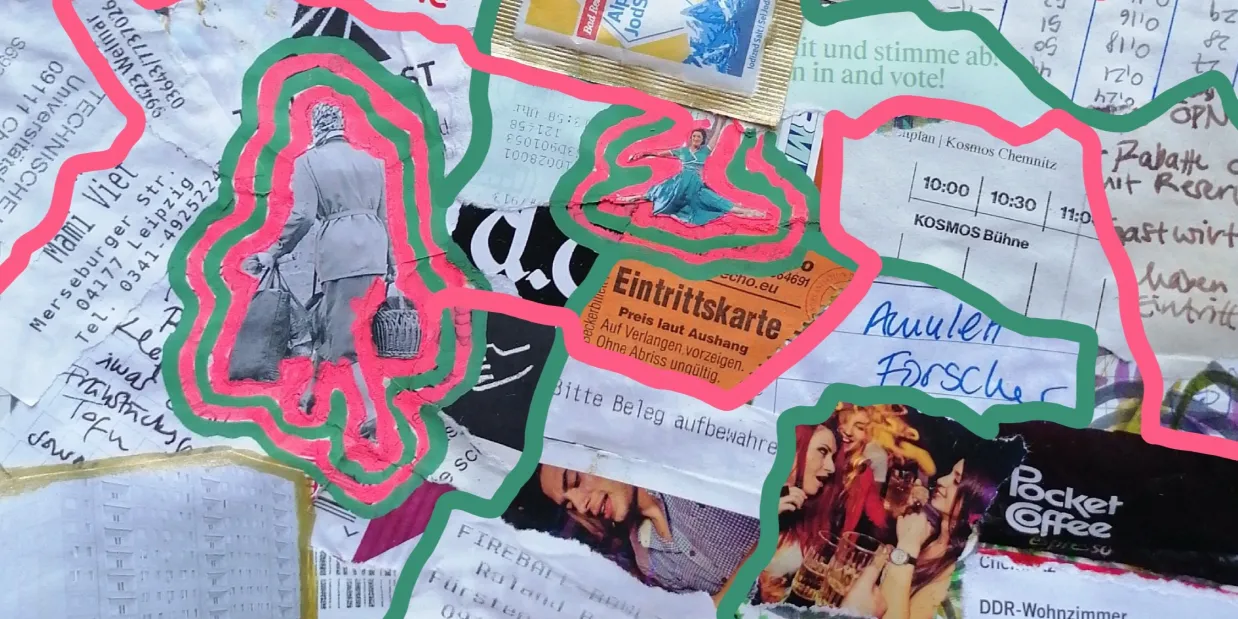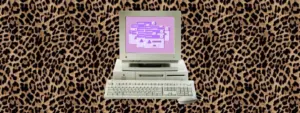The immobility of material objects is what makes them so complex to me. They rarely ever
change until you want them to. You can cast them, frame them, tear them apart, crumple
them into paper balls, and throw them away, but their memories change along with the way
you treat them. It’s inherent in methods of wondering whether you keep them around just
because they spark joy once you look at them. It’s inherent in being able to hold onto them
longer than you hold on to the people you associate with them. It’s inherent in the way time
leaves its marks on them and whether you want that to happen at all.
In one of my jackets, I keep a metal bottle cap with an orange on it. To me, it’s the bottle cap
of the last soda my grandfather ever gave me before he passed away. Whenever I turn it in
my hands or feel its presence in my pocket, I think of him, and I feel closer to him somehow.
He isn’t there anymore to give me sodas, or to hold my jackets and help me put them on, or
to smoke Lucky Strike cigarettes on his granite front porch. But I feel that all of those
moments are still there if I carry a piece of him with me. If I can still hold on to him in my own
ways. These objects may not bring anyone back from the dead, or make them remember
me, but holding on to their remnants feels important to me, as important as they used to be. I
don’t often think about loss or how deeply it once affected me, but it always feels better if
someone hasn’t fully disappeared yet. No one, and possibly nothing, ever goes away without
leaving anything behind. I don’t think it’s even possible to do that, to just disappear from
everyone’s memories as quickly as a snap of the finger. You will always find their clothes in
resell shops, their books with handwritten inscriptions or names in libraries, and those little
areas where you can take a book with you for free if you leave one behind too. You will
always find tiny traces of someone else’s past life, no matter where you go. And isn’t that just
the most hauntingly beautiful thing in the world?
People I’ve never met before often seem astonished when I first show them my wallet
because it’s just filled with way too much stuff. There might be 10 different loyalty stamp
cards from stores around the city that don’t exist anymore. Or cards from my therapists or
doctors that I just keep around so that all of their empty slots can be filled out with
appointments. But then when I go to look for them while standing at the reception desk, I
never find them, so I always have them give me a new one.
There’s also a tea sachet in my wallet, its edges are worn down and the black coloring of the
wrapper started fading to white. Some while ago, you could still hold it close to your nose
and it would smell like the gorgeous berry-flavoured black tea that is hidden beneath the
layer of paper. I got it from a rest stop in Sweden four years ago, back when my family
visited relatives in Norway. On our way back, we took the ferry from a coastal town in
southern Sweden back to Germany, and so we had to drive through Sweden. When I was
younger, I used to love those long drives, with my father sitting behind the wheel, my mother
in the passenger seat presumably being overwhelmed by some technological novelty we
decided could be helpful on our trip, and me in the backseat, listening to music and staring at
the ever-changing grass and tree-filled landscapes behind the fast roads we drove down. On
that one day, we ended up stopping to have lunch at an autoroute restaurant, i think it had a
red crown on a white background as a logo, and we had Swedish meatballs. I remember
them tasting ten times as good as the ones at IKEA, with creamy light brown sauce and the
dollop of lingonberry jam, and the big half-sphere of mashed potatoes. On the way back out,
I took a final turn toward the buffet and quietly grabbed a tea sachet with the impression that
it would be useful later. Alas, you never know when you’re gonna have the emergency
situation of being presented with boiling hot water and a cup with nothing to put in it. And
now, it’s almost been half a decade since that day, which sounds insane the longer I think
about it. I’ve changed so much in that time, and aside from probably now being spoilt and no
longer an enjoyable drink, the tea bag has stayed in its place, in its original packaging, and I
still show it to people and remember exactly how it came to live in my wallet.
I think I’ve kept something from every person who’s left my life in some way. My ex-boyfriend
was responsible for half of my Steam library and whenever I watch Papers, Please Let’s
Plays I remember how often I wouldn’t shut up about that game. My former best friend gave
me a tiny record player with hand-painted LP covers of my favorite albums, and I’ve since
started hanging them up all over my flat just like posters. I also still have an olive oil bottle
from our trip to Italy which I refused to throw away and forgot to close tightly enough. So I
brought it with me on our twelve-hour train ride home, and the oil kept dripping on fellow
passengers without them knowing the inevitable stains on their hiking clothes were all my
fault. We only noticed the source of the constant dripping when we were about three hours
into our journey from Brescia to Munich, enjoying the view of beautiful mountains while
struggling to fully screw shut a glass bottle stuck in a huge heavy black backpack way up
above our seats.
Sometimes my mother tells me I need to start throwing things away, to make room for new
stuff because all of my old clothes stopped fitting me, all of my old books aren’t interesting to
anyone, and so on. But I just can’t bring myself to do it. The only times I’ve ever let go of
these things was when holding them in my hands, they felt heavier than they really are. I
know that logic doesn’t make much sense. But I’m sure you get it — the pain of having to
look at that birthday card over and over knowing it’s the last one you received from someone
when you were still on good terms. The plant a friend gave me slowly withering because of
my refusal to water it, and what that said about our friendship at the time.
You do all of these things on purpose. You keep things around, just like you keep people
around, on purpose. The art of letting go, to me at least, means knowing the right time. And
more often than not, I’ll admit it, I linger passively in spaces holding out hope for change or
purpose or returning memories that will never come. The art of letting go means acceptance.
Acceptance of grieving for what’s been and gone, of allowing yourself to go somewhere else,
someplace better. Acceptance of when it’s really over, you know.
Text & Picture: Stella






1 Comment
I like it. 🙂